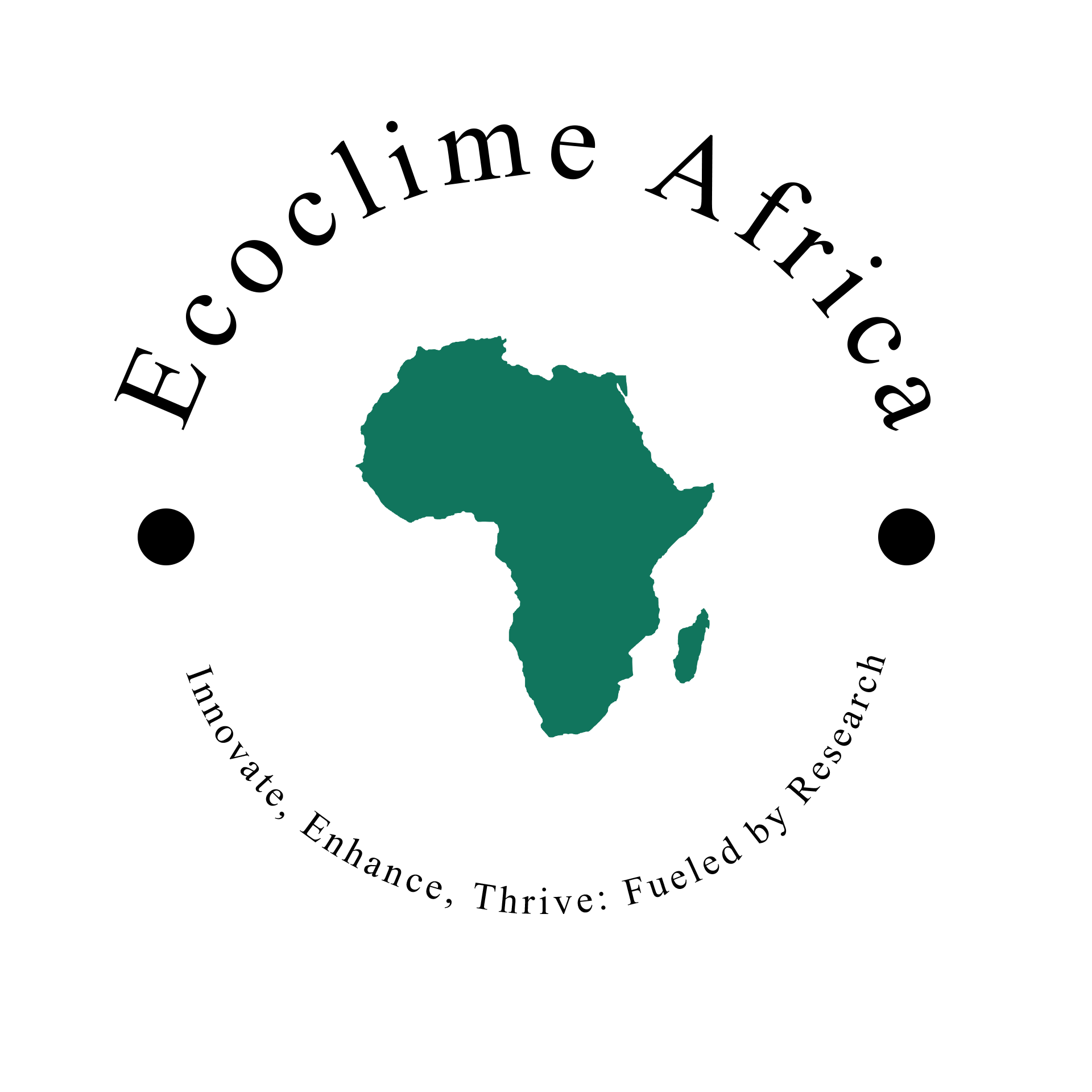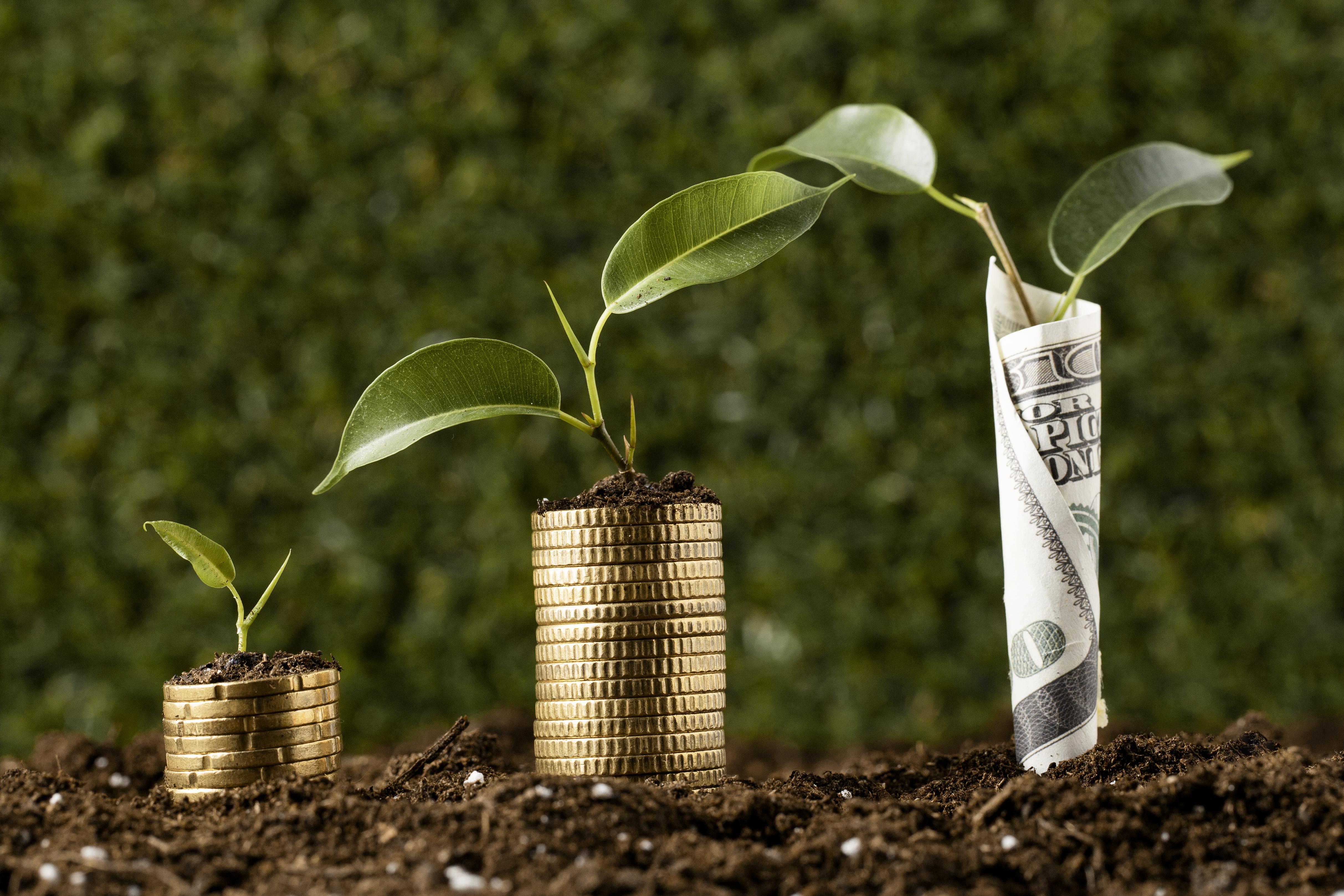

Sustainable Development: The Role of Foreign Investment (FDIs) in Africa’s Green Economy

INTRODUCTION
The United Nations Environment Programme (UNEP, 2011a) defines a Green Economy as an economic system that enhances well-being and social equity while significantly reducing environmental risks and ecological scarcities. It prioritizes low-carbon emissions, resource efficiency, social inclusion, biodiversity conservation, and sustainable investments [1]. A green economy encompasses economic activities that promote growth without compromising environmental sustainability.
Similarly, sustainable development, as defined by the Brundtland Commission (1987), refers to meeting the needs of the present without compromising the ability of future generations to meet their own needs [2]. This definition underscores the shared objectives of the green economy and sustainable development. Despite increasing discourse on sustainability, the interplay between economic growth and sustainable development remains inadequately explored. This article examines the role of Foreign Direct Investment (FDI) in advancing the green economy and its broader implications for achieving long-term sustainable development.
THE ROLE OF FDI IN AFRICA’S GREEN ECONOMY
Foreign Direct Investment (FDI) has been a key driver of economic growth in developing countries, providing essential capital, advanced technology, and specialized expertise [3]. It plays a significant role in job creation, poverty alleviation, and infrastructure development. However, the impact of FDI on sustainability depends on resource availability, policy frameworks, and institutional capacity.
Economic Growth and Renewable Energy Investment
FDI has been identified as a significant driver of renewable energy development in Africa. Studies have shown that FDI inflows can increase investment in renewable energy projects, such as solar and wind power, which are critical for reducing greenhouse gas emissions and promoting green growth [4], [5]. For example, the Chinese outward foreign direct investment (OFDI) in Africa has been associated with reducing carbon emissions, suggesting that FDI can contribute positively to environmental sustainability when aligned with green growth objectives [6].
Technology Transfer and Industrial Development
FDI facilitates the transfer of green technologies essential for transitioning to a low-carbon economy [5], [7]. This technological diffusion can enhance industrial capacity, making African economies more competitive in sustainable sectors. Additionally, FDI can stimulate economic growth by creating employment opportunities and improving local technological capabilities [8], [9].
Environmental and Social Challenges
Despite its benefits, FDI can also contribute to environmental degradation if not properly regulated. Studies have shown that FDI inflows, particularly in extractive industries, can increase carbon emissions and resource depletion [10], [11]. Additionally, FDI can exacerbate income inequality and social injustice if investment benefits are not equitably distributed. Some FDI projects, on a more alarming note, have been directly linked to land displacement and human rights violations, particularly in communities with weak governance structures [9], [12].
THE IMPORTANCE OF GOVERNANCE AND POLICY FRAMEWORKS
The Role of Governance
Governance quality plays a crucial role in moderating the relationship between FDI and sustainable development. High-quality governance, characterized by transparency, accountability, and the rule of law, ensures that FDI inflows align with sustainable development objectives [4], [10]. Effective environmental regulations can direct FDI towards green sectors, reducing environmental risks [7], [13].
Policy Recommendations
Policymakers should prioritize attracting FDI in green sectors, such as renewable energy, to leverage their potential to promote sustainable development. This can be achieved through targeted incentives, such as tax breaks and subsidies, for investments in green technologies [5], [7]. Additionally, strengthening governance and institutional capacity is critical for ensuring that FDI contributes positively to sustainable development. This involves enhancing regulatory frameworks, combating corruption, and improving the rule of law [4], [10].
Encouraging Corporate Social Responsibility (CSR) practices among foreign investors can further enhance the positive impacts of FDI on sustainable development. CSR initiatives, such as community development projects and environmental stewardship, significantly contribute to the well-being of local communities [14]. Furthermore, regional and international cooperation through trade agreements and investment treaties can facilitate FDI flow into green sectors, ensuring alignment with the Sustainable Development Goals [6], [15].
CONCLUSION
FDI has the potential to play a pivotal role in promoting sustainable development within Africa's green economy. However, realizing this potential depends on governance quality, policy design, and aligning FDI inflows with sustainability objectives. By leveraging insights from the studies reviewed, Africa can harness FDI as a powerful tool for achieving its sustainable development goals.
Written by: Esther Boateng Aboraa Sika*, Luckman Aborah Yeboah, Wolalorm Makafui Zudor
References
[1] E. Loiseau et al., “Green economy and related concepts: An overview,” J Clean Prod, vol. 139, pp. 361–371, Dec. 2016, doi: 10.1016/J.JCLEPRO.2016.08.024.
[2] M. Brundtland, G. H., Khalid, “Industry: Producing More with Less,” Development and International Economic Co-Operation: Environment, vol. 25, no. 25, pp. 105–118, 1987, Accessed: Mar. 24, 2025. [Online]. Available: https://global.oup.com/academic/product/our-common-future-9780192820808
[3] S. Chaudhuri and U. Mukhopadhyay, “Foreign direct investment in developing countries: A theoretical evaluation,” Foreign Direct Investment in Developing Countries: A Theoretical Evaluation, pp. 1–314, Mar. 2014, doi: 10.1007/978-81-322-1898-2.
[4] T. Dossou, E. Kambaye, S. Asongu, A. Alinsato, M. Berhe, and K. Dossou, “Foreign Direct Investment and Renewable Energy Development in Sub-Saharan Africa: Does Governance Quality Matter?,” SSRN Electronic Journal, Oct. 2023, doi: 10.2139/SSRN.4594461.
[5] ˘ K ; Ya, M. H. Gmur, D. K. Teklie, and H. Ya, “The Role of Green Innovation, Renewable Energy, and Institutional Quality in Promoting Green Growth: Evidence from African Countries,” Sustainability 2024, Vol. 16, Page 6166, vol. 16, no. 14, p. 6166, Jul. 2024, doi: 10.3390/SU16146166.
[6] A. Zhang, M. N. Nankpan, B. Zhou, J. A. Forson, E. N. K. Nkrumah, and S. E. Adjavon, “A COP28 Perspective: Does Chinese Investment and Fintech Help to Achieve the SDGs of African Economies?,” Sustainability 2024, Vol. 16, Page 3084, vol. 16, no. 7, p. 3084, Apr. 2024, doi: 10.3390/SU16073084.
[7] T. Adebayo, “Investing in Green: Foreign Direct Investment Fingerprint on Nigeria’s Renewable Energy and Carbon Footprint,” Dec. 2024, doi: 10.21203/RS.3.RS-5014281/V2.
[8] B. Arthur, M. Saha, F. A. Sarpong, and K. D. Dutta, “Unlocking Africa’s potential: The transformative power of foreign direct investment for sustainable development,” Heliyon, vol. 10, no. 5, p. e26507, Mar. 2024, doi: 10.1016/J.HELIYON.2024.E26507/ASSET/9AA8C6E6-864E-4EFA-91FA-C19371594BF5/MAIN.ASSETS/GR1.JPG.
[9] A. Karangwa and Z. Su, “Towards a Multidimensional Model for Evaluating the Sustainable Effect of FDI on the Development of Host Developing Countries: Evidence from Africa,” Sustainability 2023, Vol. 15, Page 4662, vol. 15, no. 5, p. 4662, Mar. 2023, doi: 10.3390/SU15054662.
[10]J. A. Jinapor, J. Y. Abor, and M. Graham, “FDI, industrialisation and environmental quality in SSA—the role of institutional quality towards environmental sustainability,” Humanities and Social Sciences Communications 2024 11:1, vol. 11, no. 1, pp. 1–15, Nov. 2024, doi: 10.1057/s41599-024-04000-6.
[11]S. Slimani, A. Omri, and A. Abbassi, “Financing sustainable development goals in Sub-Saharan Africa: Does international capital flows matter?,” Sustainable Development, vol. 32, no. 6, pp. 6656–6685, Dec. 2024, doi: 10.1002/SD.3041.
[12]R. V. Martins, E. Santos, T. Eugénio, and A. Morais, “Is foreign direct investment caring for sustainability? A look in African sub-Saharan countries,” Sustainability Accounting, Management and Policy Journal, vol. 14, no. 5, pp. 978–1001, Sep. 2023, doi: 10.1108/SAMPJ-01-2022-0046/FULL/XML.
[13]E. Duodu, E. Kwarteng, E. F. Oteng-Abayie, and P. B. Frimpong, “Foreign direct investments and environmental quality in sub-Saharan Africa: the merits of policy and institutions for environmental sustainability,” Environmental Science and Pollution Research, vol. 28, no. 46, pp. 66101–66120, Dec. 2021, doi: 10.1007/S11356-021-15288-1/METRICS.
[14]Q. Zhang and A. de Vries, “Striving for sustainable development: The impact of corporate social responsibility on corporate performance of Chinese manufacturing multinationals in Africa,” Sustainable Development, vol. 31, no. 5, pp. 3328–3345, Oct. 2023, doi: 10.1002/SD.2588.
[15]S. Asongu, B. Mensah, and J. C. M. Ngoungou, “Thresholds of external flows in financial development for environmental sustainability in sub-Saharan Africa,” Management of Environmental Quality: An International Journal, vol. 35, no. 1, pp. 158–178, Jan. 2024, doi: 10.1108/MEQ-05-2023-0135/FULL/XML.
Comments
No comments available.